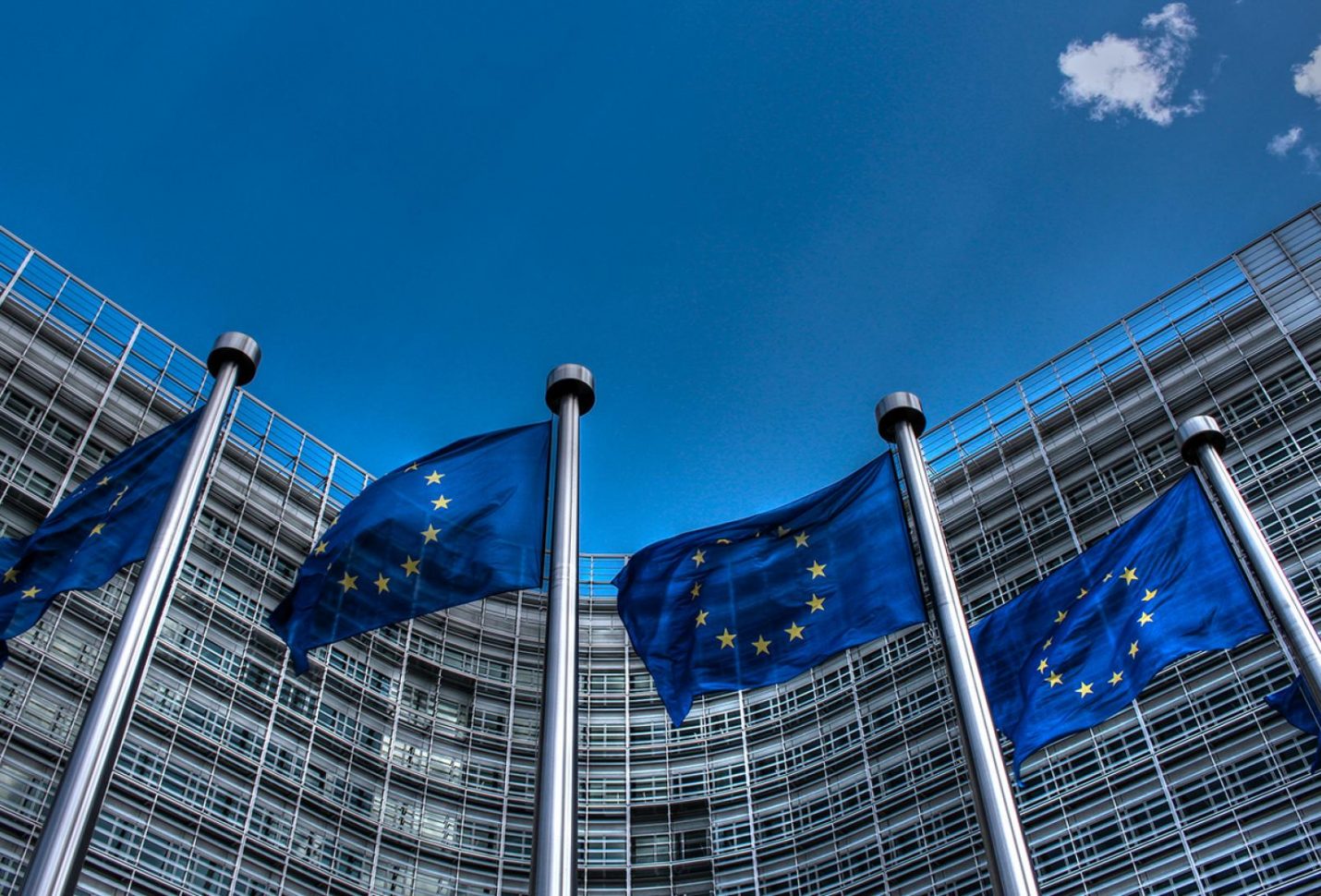
Egypt taking major strides towards green growth, SDGs..Recommended future actions
Advancing towards a green economy has received significant traction as part of Egypt’s commitment to ...

A new Social Climate Fund will be set up under an agreement between the European Commission, Parliament and Council at €65 billion.
The new Social Climate Fund will provide dedicated financial support to Member States to help vulnerable citizens and micro-enterprises with investments in energy efficiency measures such as home insulation, heat pumps, solar panels, and electric mobility. It will also be able to provide direct income support covering up to 37.5% of the new national Social Climate Plans.
It will start operating in 2026, before the entry into force of the new ETS for transport and building fuels, and will be financed by €65 billion from the EU budget, plus 25% co-financing by Member States.
The provisional agreement also aims to strengthen the EU Emissions Trading System (ETS), and apply emissions trading to new sectors for effective economy-wide climate action.
This deal is a fundamental step towards reaching the EU’s commitment to reduce net greenhouse gas emissions by at least 55% by 2030. At the same time the Social Climate Fund will help to ensure that the transition is fair.
Against the backdrop of Russian-Ukrainian crisis, this agreement shows once again the EU’s determination to become climate neutral by 2050, transform its economy and society, leave nobody behind, and ensure its energy security. To complement the substantial spending on climate in the EU budget, Member States will spend the entirety of their emissions trading revenues on climate and energy-related projects and to address social aspects of the transition.
Today’s agreement will reduce emissions from the EU ETS sectors by 62% by 2030, compared to 2005 levels. This represents a substantial increase of 19 percentage points compared to the 43% reduction under the existing legislation. The speed of annual emission reductions will also increase, from 2.2% per year under the current system to 4.3% from 2024 to 2027 and 4.4% from 2028.
The Market Stability Reserve, which stabilises the carbon market by removing surplus allowances, will be strengthened. The agreement will gradually phase out free emission allowances to certain enterprises and phase in the Carbon Border Adjustment Mechanism (CBAM) between 2026 and 2034 for the sectors covered. This follows the provisional deal reached on CBAM by European co-legislators on 13 December.
To support Member States in their efforts to reduce emissions from buildings and road transport, and certain industrial sectors a new separate emissions trading system will start from 2027 for relevant fuel use.
Today’s compromise also increases the size of the Innovation and Modernization Funds. The Modernization Fund will support three additional Member States with their transition. The Innovation Fund will be expanded, and will also be able to support the maritime sector’s decarbonization efforts.
Advancing towards a green economy has received significant traction as part of Egypt’s commitment to ...
The US has sustained 403 separate weather and climate disasters in 2024 at total cost ...
The World Bank priced a 10-year euro-denominated benchmark bond maturing in January 2035, raising EUR ...


اترك تعليقا